 Speaker: Prof. Jan Sadowski (Institute of Molecular Biology and Biotechnology, Adam Mickiewicz University, Poland)
Speaker: Prof. Jan Sadowski (Institute of Molecular Biology and Biotechnology, Adam Mickiewicz University, Poland)
Talk: Arabidopsis – The Model Plant For Biotechnology
Time: Friday, 5th of September 2014, 14:15
Venue: Biotechnology Summer School 2014, OW Syrenka, Stegna
Category: Invited lecture during Biotechnology Summer School
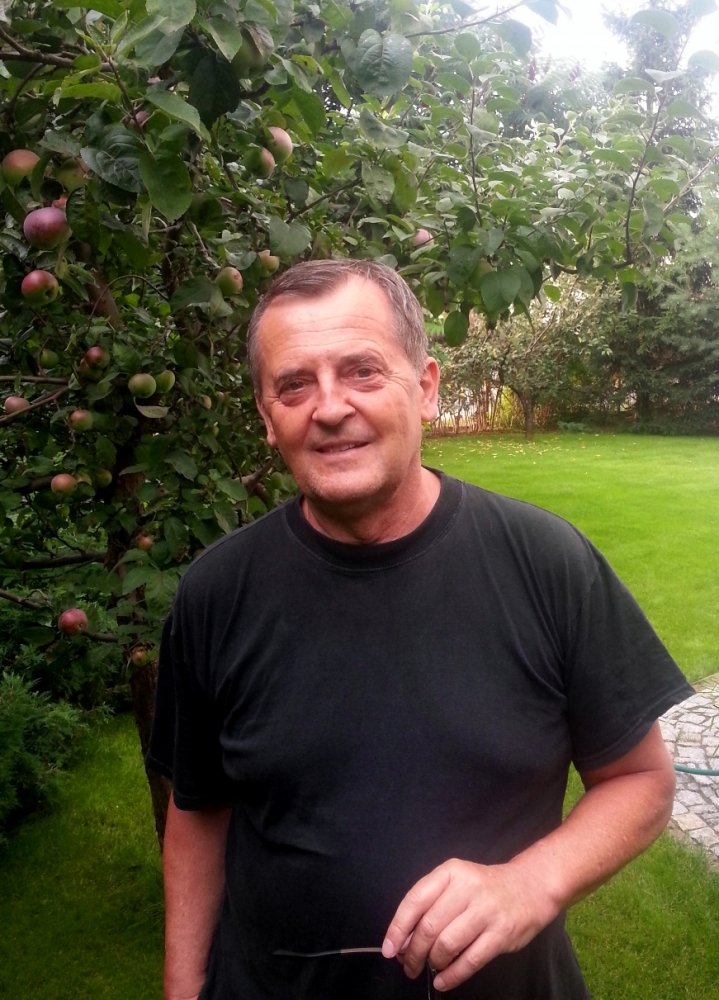 Head of Biotechnology Department at Faculty of Biology, Adam Mickiewicz University (from 2001 up to now). He received extensive doctoral and postdoctoral training in plant molecular genetics and genomics: Fullbright-Hays fellowship, 1979-1980 (12 months); Rutgers University (4 months) and Texas A&M University (8 months); post-doc at University of Perpignan, France (18 months in the period of 1987-1992); geneticist position at University of California, Davis, USA (2.5 years, 1993-1996). His main achievements are connected with understanding the structure, organization and evolution of Brassicaceae genomes. Currently, he is involved in genome-wide functional studies on cellular signalisation networks activated in plant cells in response to environmental stresses, such as drought, salinity and ozone. His team applies diverse physiological and genetic tests including specific signalisation pathway inhibition or activation and agro-transformation with protein kinases (CDPK and MAP kinases) and protein phosphatases (PP2C ABI1 and ABI2) encoding genes, combined with the genetic analysis of insertional mutants and/or specific transient gene expression. Selected genes with beneficiary characteristics for plant adaptation to drought stress (such as BnCDPK5 and AtCDPK5) or other interesting phenotypes (BnABI1 and AtABI) have been introduced to the winter rapeseed to prove and study further their application values. Prof. Sadowski is an author and co-author of dozens of peer-reviewed publications (Genetics, Nucleic Acids Research, Plant Journal, Journal of Experimental Botany, Molecular Plant, Molecular and General Genomics, among others).
Head of Biotechnology Department at Faculty of Biology, Adam Mickiewicz University (from 2001 up to now). He received extensive doctoral and postdoctoral training in plant molecular genetics and genomics: Fullbright-Hays fellowship, 1979-1980 (12 months); Rutgers University (4 months) and Texas A&M University (8 months); post-doc at University of Perpignan, France (18 months in the period of 1987-1992); geneticist position at University of California, Davis, USA (2.5 years, 1993-1996). His main achievements are connected with understanding the structure, organization and evolution of Brassicaceae genomes. Currently, he is involved in genome-wide functional studies on cellular signalisation networks activated in plant cells in response to environmental stresses, such as drought, salinity and ozone. His team applies diverse physiological and genetic tests including specific signalisation pathway inhibition or activation and agro-transformation with protein kinases (CDPK and MAP kinases) and protein phosphatases (PP2C ABI1 and ABI2) encoding genes, combined with the genetic analysis of insertional mutants and/or specific transient gene expression. Selected genes with beneficiary characteristics for plant adaptation to drought stress (such as BnCDPK5 and AtCDPK5) or other interesting phenotypes (BnABI1 and AtABI) have been introduced to the winter rapeseed to prove and study further their application values. Prof. Sadowski is an author and co-author of dozens of peer-reviewed publications (Genetics, Nucleic Acids Research, Plant Journal, Journal of Experimental Botany, Molecular Plant, Molecular and General Genomics, among others).
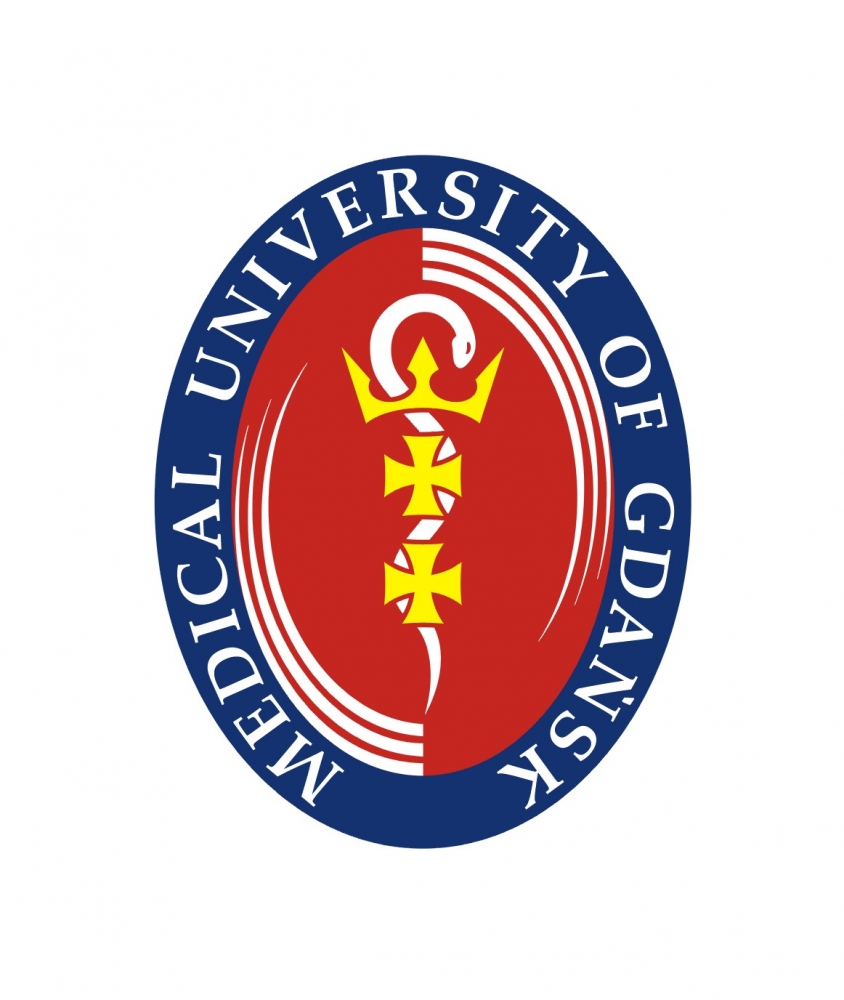 Speaker: Jolanta Paradziej-Łukowicz, PhD (Medical University of Gdansk, Poland)
Speaker: Jolanta Paradziej-Łukowicz, PhD (Medical University of Gdansk, Poland)
Talk: Ethical and legal rules and regulations for animals experiment performance
Time: Wednesday, 3rd of September 2014, 11:45
Venue: Biotechnology Summer School 2014, OW Syrenka, Stegna
Category: Invited lecture during Biotechnology Summer School
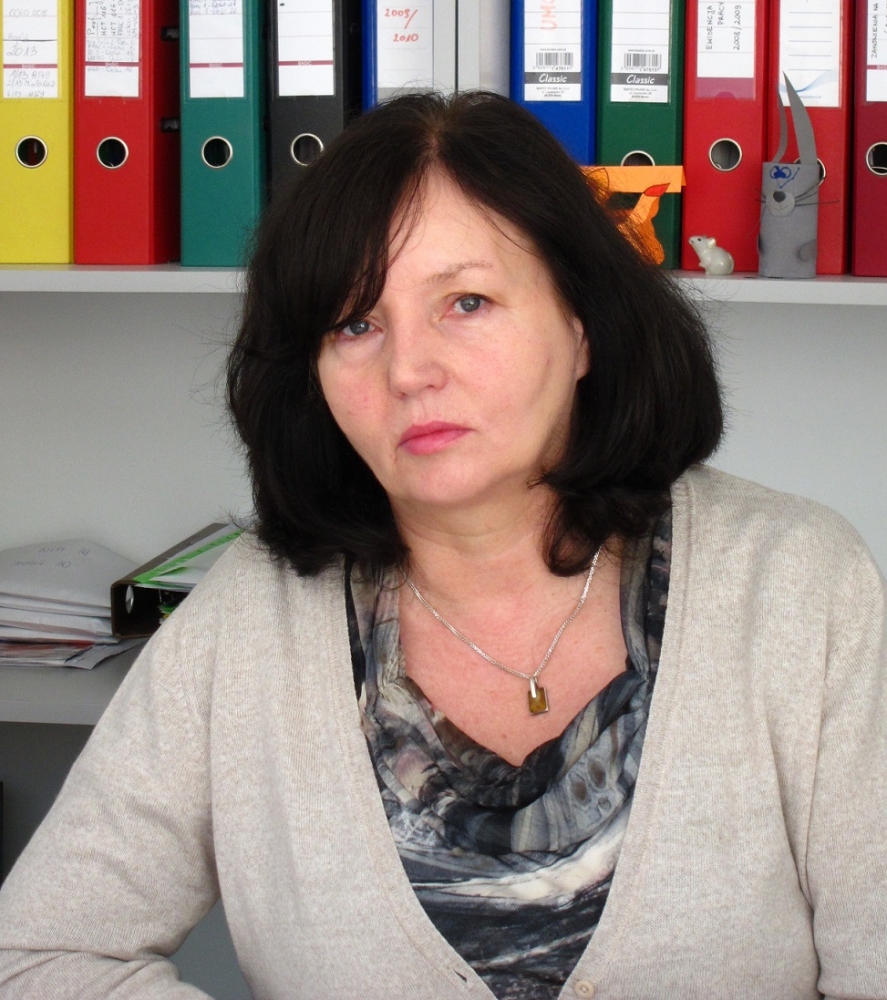 Director of Tri-City Central Animal Laboratory – Research and Service Centre of the Medical University of Gdansk.
Director of Tri-City Central Animal Laboratory – Research and Service Centre of the Medical University of Gdansk.
She received MSc and PhD at the Faculty of Pharmacy, the Medical University of Gdańsk, and further scientific training at the Department of Pharmaceutical Technology and at the Biochemistry Chemical Faculty, Technical University of Gdansk.
She was particularly involved in many projects associated with investigation of potential anticancer drugs anticancer activity on murine tumors and human tumor xenograft models in vivo. She also cooperates with biochemical and pharmaceutical industry in the field of potential antidiabetes drugs activity investigating.
In general she has expertise in conducting animal experiments and evaluation biological activity of compounds of chemical and natural origin. In 2011 -2013 she took part in Expert Working Group (EWG) on Education and Training within the context of 2010/63/EU Directive. For the past three year she also has organizing seminars and practical trainings for people performing experiments or doing work with or around laboratory animals with regional and state-wide range.
 Speaker: Prof. Maria Mione (Karlsruhe Institute of Technology, Germany)
Speaker: Prof. Maria Mione (Karlsruhe Institute of Technology, Germany)
Talk: The zebrafish as a tool in cancer genetics and cancer cell biology
Time: Thursday, 4th of September 2014, 9:30
Venue: Biotechnology Summer School 2014, OW Syrenka, Stegna
Category: Invited lecture during Biotechnology Summer School
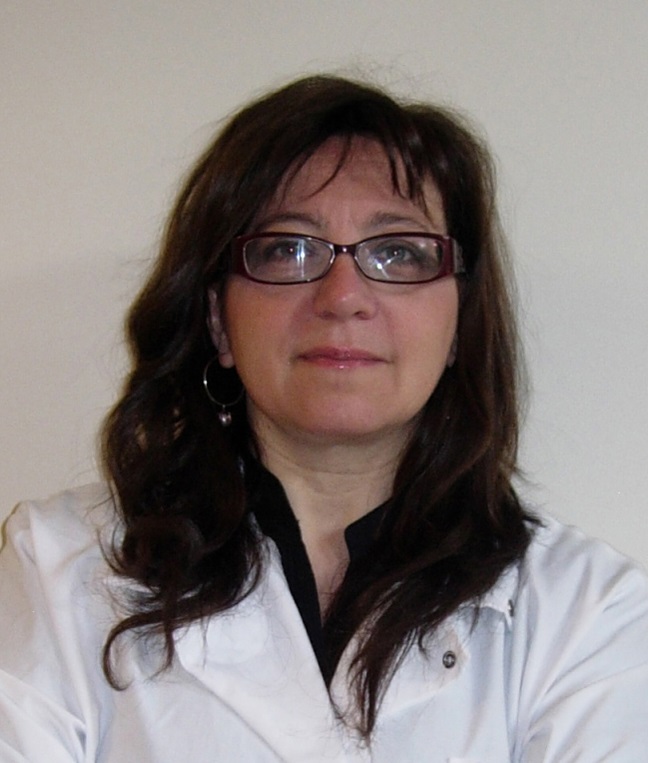 Group Leader at the Institute of Toxicology and Genetics Karlsruhe Institute of Technology, KIT.
Group Leader at the Institute of Toxicology and Genetics Karlsruhe Institute of Technology, KIT.
Research interest: Cancer and disease models using the zebrafish platform. Special focus on genetic and epigenetic mechanisms of transformation and cell reprogramming by oncogenes.
Dr Mione graduated in Medicine and Surgery at the University of Rome “La Sapienza”, trained as a neurologist and received a PhD in Neurobiology from University College London. After postdoctoral work at University of California at San Francisco, on her return to U.K, she adopted the zebrafish for her studies on neural development and disease. In 2005 she moved to the Institute of Molecular Oncology in Milan and developed zebrafish models for the study of cancer cell biology. Dr. Mione’s work focuses on understanding early events in melanoma, myeloid leukemia and glioma development, including cancer initiating cells, mechanisms of transformation, epigenetic regulation and immune responses. From 2012, she is Visiting Professor at the Institute of Toxicology and Genetics at Karlsruhe Institute of Technology (KIT). She is an active member of the international community of zebrafish researchers. She organized of the VI European Development and Genetics Zebrafish meeting, held in Rome in 2009, and the satellite workshop on Cancer and Immune Responses in Zebrafish in July 2009. She was part of the planning committee of the 4th Strategic Conference of Zebrafish Investigators in Asilomar, 2009-2011, Vice Chair of the Cost action BM8024, EuFishBioMed and funding member of the European Zebrafish & Medaka Society (http://www.eufishbiomed.kit.edu/). She is a member of the scientific board of the newly established Zebrafish Disease Models society
 Speaker: Prof. Magdalena Mikołajczyk-Chmiela (University of Łódź, Poland)
Speaker: Prof. Magdalena Mikołajczyk-Chmiela (University of Łódź, Poland)
Talk: Guinea pig model of Helicobacter pylori infection, inflammation and immune response
Time: Wednesday, 3rd of September 2014, 12:30
Venue: Biotechnology Summer School 2014, OW Syrenka, Stegna
Category: Invited lecture during Biotechnology Summer School
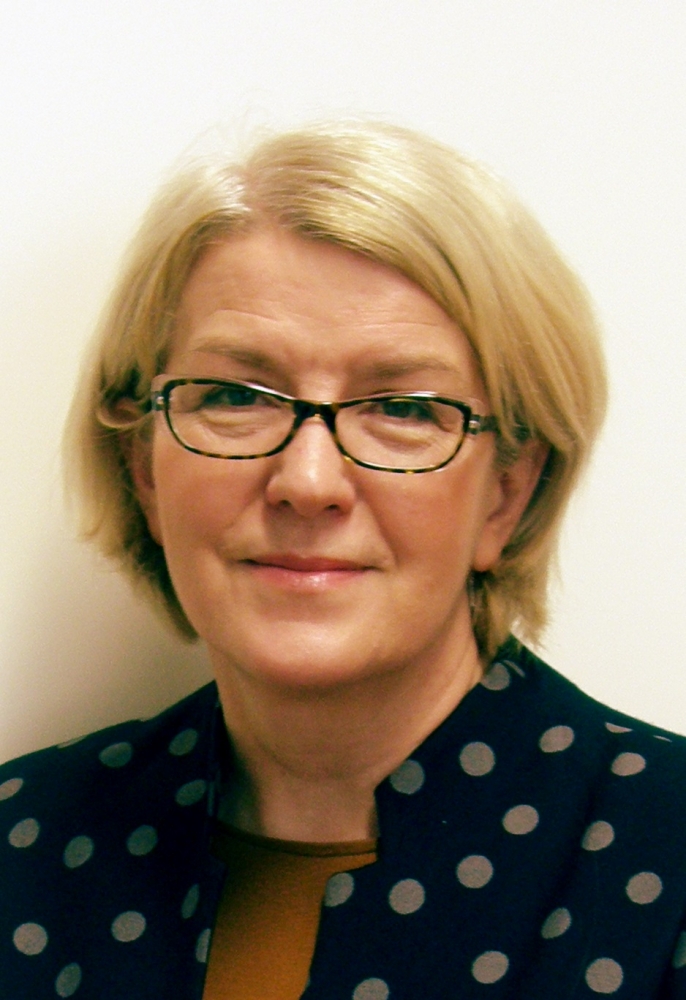 With a master degree on biology, microbiology as speciality, upon her PhD on Immunology in 1991 and habilitation in 1999, Magdalena Mikołajczyk-Chmiela was nominated in 2005 on the position of permanent Professor (medical microbiology, immunology) at the Faculty of Biology and Environmental Protection, University of Lodz. She is currently head of the Department of Immunology and Infectious Biology at the Institute of Microbiology, Biotechnology and Immunology. Her research concerns the immunology of infectious diseases including: immune processes regulating host-pathogen interactions, bacterial virulence factors that determine the course of infections, the use of microorganisms in the design and manufacture of biological components for potential therapeutic use, prevention and diagnostic. With particular attention she leads research on Helicobacter pylori infections, which are responsible for gastric and duodenal ulcers and even stomach cancers. Work on this subject she began in 1992, being a member of the research team at the Department of Medical Microbiology, Lund University in Sweden. With her experience she published numerous papers, review articles, coordinated and participated in a number of research projects supported by the Polish Research Committee, the Polish Ministry of Science and Education as well as the National Center of Science, and evaluated them as an expert. She is a member of the Scientific Council of the Institute of Medical Biology, Polish Academy of Sciences and the editorial board of the World Journal of Gastroenterology. She shares her professional activity between research work and academic professor activity.
With a master degree on biology, microbiology as speciality, upon her PhD on Immunology in 1991 and habilitation in 1999, Magdalena Mikołajczyk-Chmiela was nominated in 2005 on the position of permanent Professor (medical microbiology, immunology) at the Faculty of Biology and Environmental Protection, University of Lodz. She is currently head of the Department of Immunology and Infectious Biology at the Institute of Microbiology, Biotechnology and Immunology. Her research concerns the immunology of infectious diseases including: immune processes regulating host-pathogen interactions, bacterial virulence factors that determine the course of infections, the use of microorganisms in the design and manufacture of biological components for potential therapeutic use, prevention and diagnostic. With particular attention she leads research on Helicobacter pylori infections, which are responsible for gastric and duodenal ulcers and even stomach cancers. Work on this subject she began in 1992, being a member of the research team at the Department of Medical Microbiology, Lund University in Sweden. With her experience she published numerous papers, review articles, coordinated and participated in a number of research projects supported by the Polish Research Committee, the Polish Ministry of Science and Education as well as the National Center of Science, and evaluated them as an expert. She is a member of the Scientific Council of the Institute of Medical Biology, Polish Academy of Sciences and the editorial board of the World Journal of Gastroenterology. She shares her professional activity between research work and academic professor activity.
 Speaker: Aleksandra Małyska (Institute of Bioorganic Chemistry of Polish Academy of Sciences, Poland)
Speaker: Aleksandra Małyska (Institute of Bioorganic Chemistry of Polish Academy of Sciences, Poland)
Talk: Are we ready for GMO?
Time: Saturday, 6th of September 2014, 8:30
Workshop: GMO and GM goods on Polish market, Factors underlying commercialization of GMO in Poland within EU
Time: Saturday, 6th of September 2014, 10:15
Venue: Biotechnology Summer School 2014, OW Syrenka, Stegna
Category: Invited lectures during Biotechnology Summer School
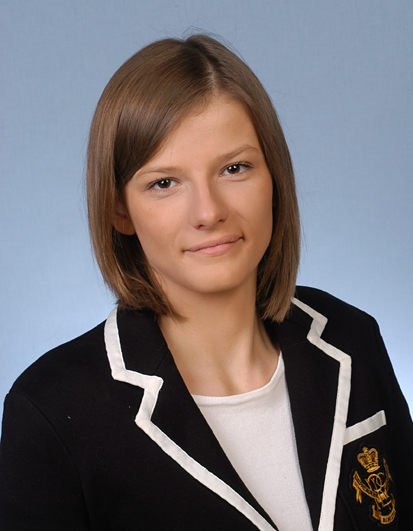 Aleksandra Małyska received a Master’s degree in medical biotechnology at Poznan University of Medical Sciences in 2010. The second area of her research involves social sciences. She carried out a Directed Individual Study in social sciences and received a Master’s degree in Psychology at Adam Mickiewicz University in Poznan in 2013. She continues her research within PhD studies at Lodz University of Technology. Since 2013 she works at Institute of Bioorganic Chemistry, Polish Academy of Sciences. Her research focuses on: public perception of innovative biotechnology, prospects for the commercial use of genetically engineered products, and biotechnology within the knowledge based bio-economy (KBBE).
Aleksandra Małyska received a Master’s degree in medical biotechnology at Poznan University of Medical Sciences in 2010. The second area of her research involves social sciences. She carried out a Directed Individual Study in social sciences and received a Master’s degree in Psychology at Adam Mickiewicz University in Poznan in 2013. She continues her research within PhD studies at Lodz University of Technology. Since 2013 she works at Institute of Bioorganic Chemistry, Polish Academy of Sciences. Her research focuses on: public perception of innovative biotechnology, prospects for the commercial use of genetically engineered products, and biotechnology within the knowledge based bio-economy (KBBE).
Speaker: Prof. Alessio Mengoni (University of Florence, Italy) 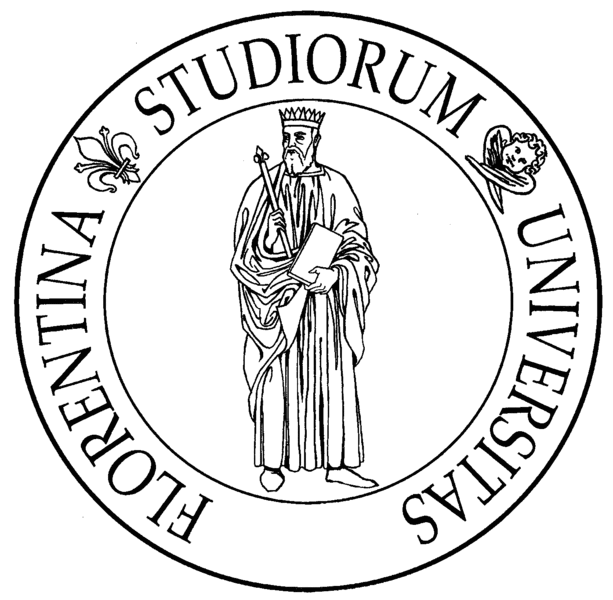
Topic: Principles of genome analysis and comparative bacterial genomics
Time: 7-14 January, 2015
Venue: Intercollegiate Faculty of Biotechnology, Kładki 24
Category: Invited Lectures
Lectures for students - more information here [link]. Please check PROGRAM [PDF].
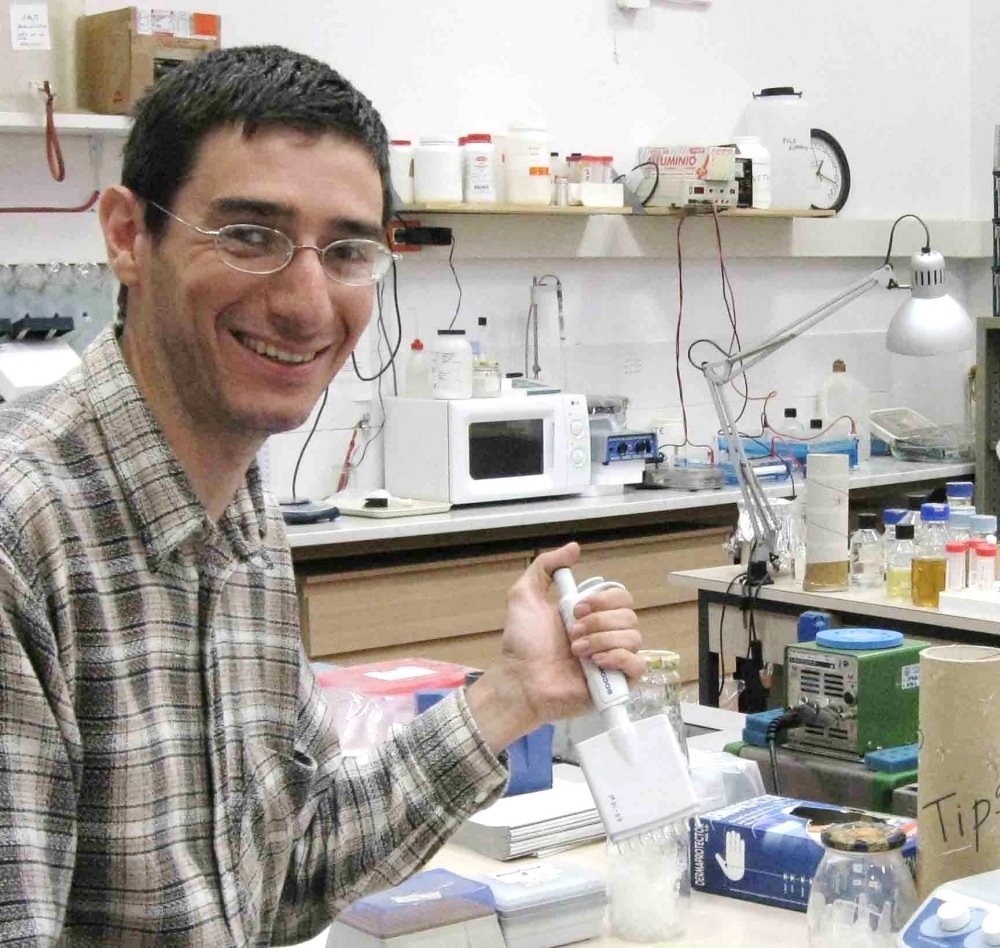 Assistant Professor (Reader) in the School of Science, class of Genomics, Master Degree course in Molecular Biotechnologies.
Assistant Professor (Reader) in the School of Science, class of Genomics, Master Degree course in Molecular Biotechnologies.
I'm working on the molecular microbial ecology and bacterial genomics of the nitrogen fixing symbiotic bacterium Sinorhizobium meliloti and of bacterial communities associated with plants.
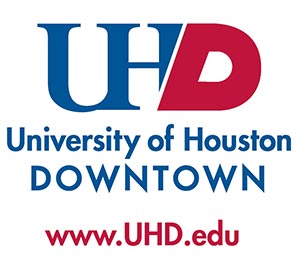 Speaker: Prof. Philip C Lyons (University of Houston-Downtown, USA)
Speaker: Prof. Philip C Lyons (University of Houston-Downtown, USA)
Talk: Diversity in the composition and function of fungal communities of native and farmed prairie soils
Time: Friday, 5th of September 2014, 16:45
Venue: Biotechnology Summer School 2014, OW Syrenka, Stegna
Category: Invited lecture during Biotechnology Summer School
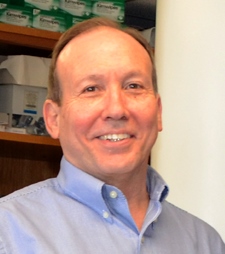 Phil Lyons earned his PhD in Plant Pathology from the University of Georgia and MS in Plant Pathology from Texas A & M University. He was Post-doctoral Associate in the Departments of Plant Pathology and Biology at Purdue University, and is now Associate Professor of Biology and Microbiology in the Department of Natural Sciences at UHD where he teaches courses on Biology of Fungi, Plant Biology, Microbial Biotechnology, and on Methods in Molecular Biology and Biochemistry. He also teaches General and Introductory Biology for science majors and non-majors. Lyons’ current research concerns diversity and ecology of tallgrass prairie soil fungi, including effects of farming and restoration. A related project involves the occurrence and variation in substrate specificities of laccases and other oxidoreductases produced by prairie soil fungi. He recently began a project on the diversity and geographical distribution of truffles (Tuber spp.) associated with pecans (Carya illinoiensis) and other hardwoods throughout different vegetation zones of Texas (USA) Prior research involved plant-fungal interactions, including both pathogenic relationships in corn and sorghum and endophytic symbioses in tall fescue grass.
Phil Lyons earned his PhD in Plant Pathology from the University of Georgia and MS in Plant Pathology from Texas A & M University. He was Post-doctoral Associate in the Departments of Plant Pathology and Biology at Purdue University, and is now Associate Professor of Biology and Microbiology in the Department of Natural Sciences at UHD where he teaches courses on Biology of Fungi, Plant Biology, Microbial Biotechnology, and on Methods in Molecular Biology and Biochemistry. He also teaches General and Introductory Biology for science majors and non-majors. Lyons’ current research concerns diversity and ecology of tallgrass prairie soil fungi, including effects of farming and restoration. A related project involves the occurrence and variation in substrate specificities of laccases and other oxidoreductases produced by prairie soil fungi. He recently began a project on the diversity and geographical distribution of truffles (Tuber spp.) associated with pecans (Carya illinoiensis) and other hardwoods throughout different vegetation zones of Texas (USA) Prior research involved plant-fungal interactions, including both pathogenic relationships in corn and sorghum and endophytic symbioses in tall fescue grass.
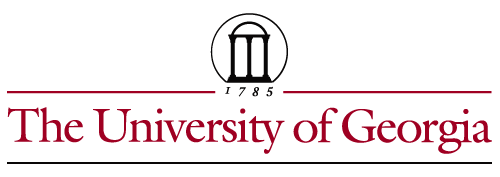 Speaker: Prof. Scott Gold (University of Georgia, USA)
Speaker: Prof. Scott Gold (University of Georgia, USA)
Talk: An earful of corn smut
Time: Wednesday, 3rd of September 2014, 8:30
Venue: Biotechnology Summer School 2014, OW Syrenka, Stegna
Category: Invited lecture during Biotechnology Summer School
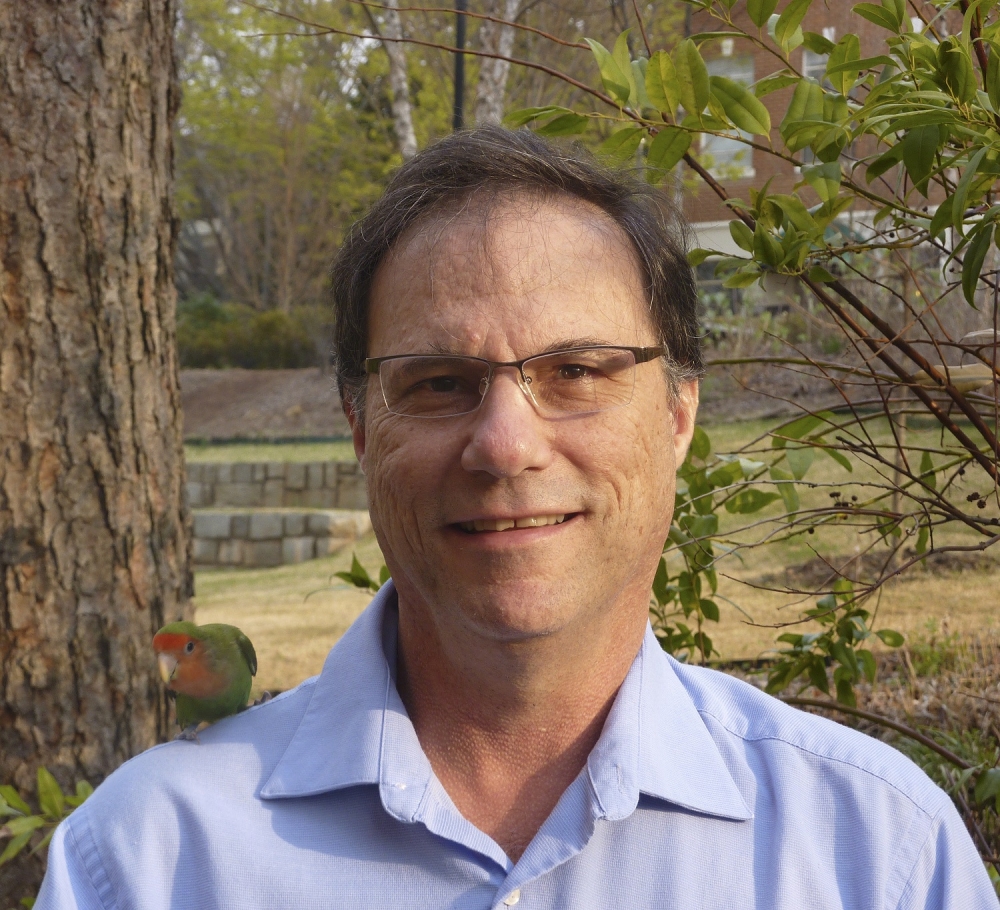 Research Plant Pathologist for the U.S. Department of Agriculture - Agricultural Research Service. Gold earned a PhD in Plant Pathology from the University of California in the laboratory of the pioneer plant pathologist Noel Keen. He joined ARS in 2011 after 17 years as a Professor of Plant Pathology at the University of Georgia (UGA). At UGA among other fungal plant pathogens Gold explored the genetics of dimorphism in the corn smut pathogen, Ustilago maydis. He and colleagues, primarily through forward genetic approaches, demonstrated the control of fungal dimorphism (budding vs filamentous growth forms) by the cAMP and MAP kinase signaling pathways. This ability to convert between these forms is critical to the ability of the pathogen to cause disease. Currently at the USDA-ARS, Gold is involved in studies toward the control of food contamination by poisonous mycotoxins. Gold has been an active volunteer in the American Phytopathological Society (APS) serving as a two term member of the APS Public Policy Board with focus on microbial genomics and culture collections. He is the recipient of the APS 2006 Outstanding Volunteer award and the 2010 APS Excellence in Teaching Award . He just completed a three year term as the inaugural Director of the APS Office of Education. While carrying out ARS research he continues to teach a general science elective course on that amazing biology of fungi at UGA entitled "Fungi, friends and foes".
Research Plant Pathologist for the U.S. Department of Agriculture - Agricultural Research Service. Gold earned a PhD in Plant Pathology from the University of California in the laboratory of the pioneer plant pathologist Noel Keen. He joined ARS in 2011 after 17 years as a Professor of Plant Pathology at the University of Georgia (UGA). At UGA among other fungal plant pathogens Gold explored the genetics of dimorphism in the corn smut pathogen, Ustilago maydis. He and colleagues, primarily through forward genetic approaches, demonstrated the control of fungal dimorphism (budding vs filamentous growth forms) by the cAMP and MAP kinase signaling pathways. This ability to convert between these forms is critical to the ability of the pathogen to cause disease. Currently at the USDA-ARS, Gold is involved in studies toward the control of food contamination by poisonous mycotoxins. Gold has been an active volunteer in the American Phytopathological Society (APS) serving as a two term member of the APS Public Policy Board with focus on microbial genomics and culture collections. He is the recipient of the APS 2006 Outstanding Volunteer award and the 2010 APS Excellence in Teaching Award . He just completed a three year term as the inaugural Director of the APS Office of Education. While carrying out ARS research he continues to teach a general science elective course on that amazing biology of fungi at UGA entitled "Fungi, friends and foes".
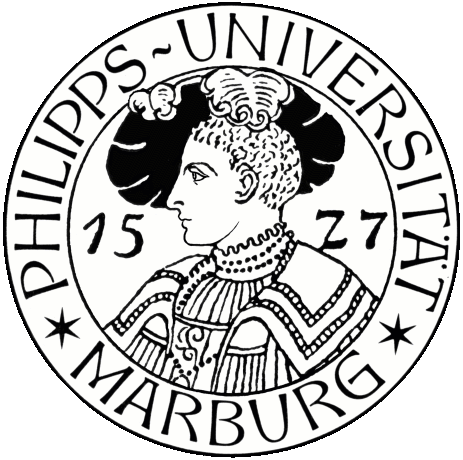 Speaker: Prof. Michael Bölker (Philipps University of Marburg, Germany)
Speaker: Prof. Michael Bölker (Philipps University of Marburg, Germany)
Talk: Of fungi and men: Ustilago maydis as a model system to study ribosomal readthrough and peroxisome function
Time: Wednesday, 3rd of September 2014, 9:45
Venue: Biotechnology Summer School 2014, OW Syrenka, Stegna
Category: Invited lecture during Biotechnology Summer School
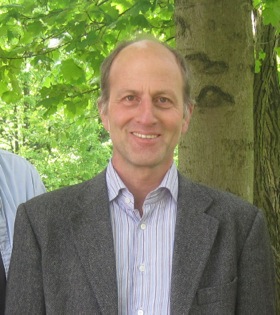 Professor for Genetics at the Department of Biology, Philipps University Marburg. He obtained his PhD in biochemistry at the Institute for Genbiological Research in Berlin working on the field of bacteriophage genetics. Post doctoral fellow at the Institute for Microbiology and Genetics of the Ludwig-Maximilians University Munich working on fungal mating type determination. Since 1997 full professor in Marburg. Research interests: Regulation of morphogenesis and cytokinesis in the dimorphic fungus Ustilago maydis. Functional genomics to study peroxisome function and fungal secondary metabolism. Translational recoding and its function for intracellular localization of proteins. Michael Bölker is member of the Marburg Center for Synthetic Microbiology (SYNMIKRO) and the Frankfurt Excellence Cluster for Integrative Fungal Research.
Professor for Genetics at the Department of Biology, Philipps University Marburg. He obtained his PhD in biochemistry at the Institute for Genbiological Research in Berlin working on the field of bacteriophage genetics. Post doctoral fellow at the Institute for Microbiology and Genetics of the Ludwig-Maximilians University Munich working on fungal mating type determination. Since 1997 full professor in Marburg. Research interests: Regulation of morphogenesis and cytokinesis in the dimorphic fungus Ustilago maydis. Functional genomics to study peroxisome function and fungal secondary metabolism. Translational recoding and its function for intracellular localization of proteins. Michael Bölker is member of the Marburg Center for Synthetic Microbiology (SYNMIKRO) and the Frankfurt Excellence Cluster for Integrative Fungal Research.